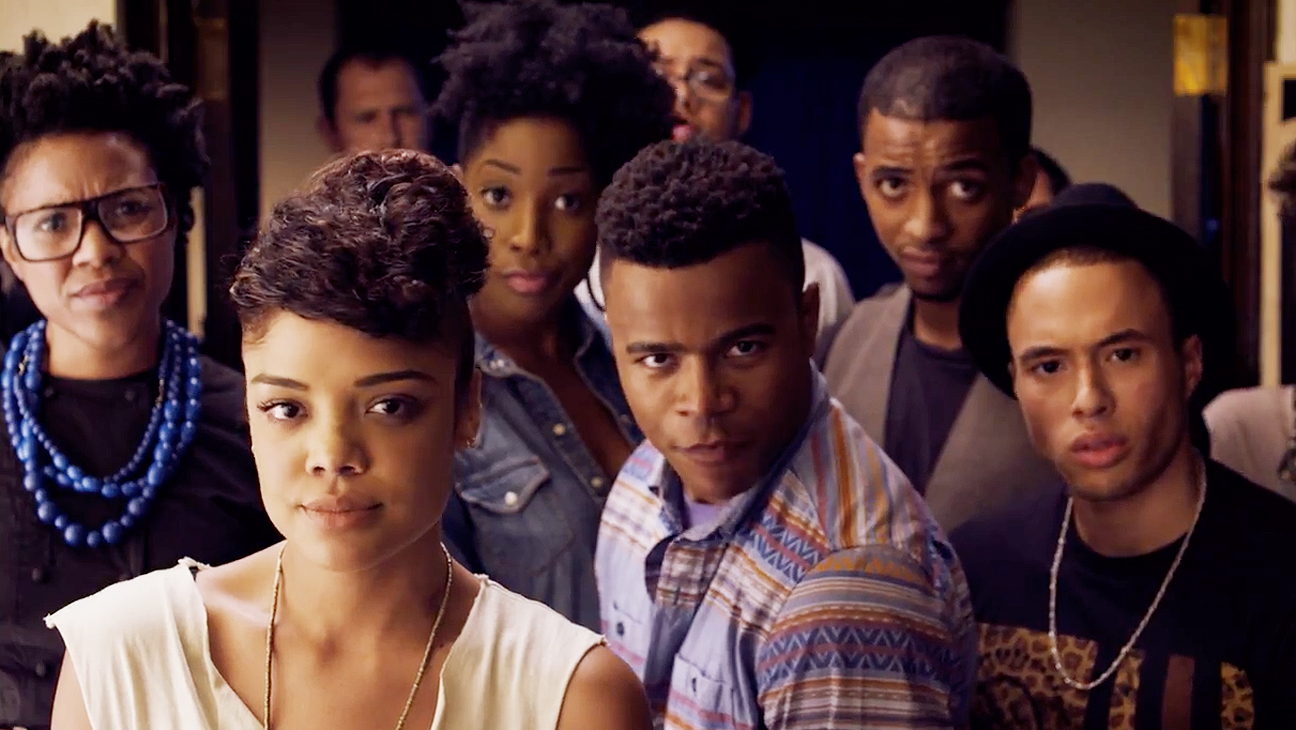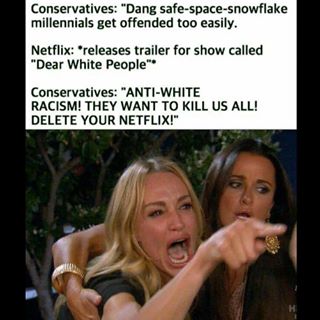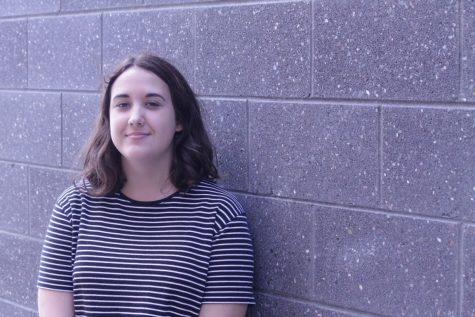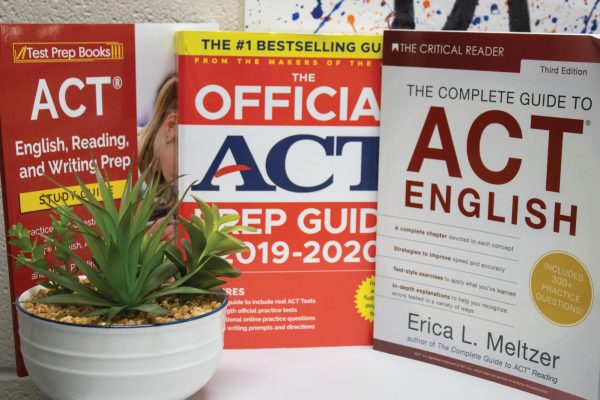Woke or Not Woke?
May 18, 2017
When the new Netflix series was announced, the title alone was enough to create a huge discourse on Twitter.
Tons of people defensively claimed, “A show called Dear Black People would cause an outrage, so why is Dear White People okay?” Some asked why nobody was talking about it since it was blatantly outrageous (which, by the way, people were talking about it quite a lot). They tried to get the hashtag #BoycottNetflix to trend; photos of cancelled Netflix accounts were uploaded along with cries of, “Reverse racism! White genocide! Anti-white hate!”
After watching the ten 30-minute episodes available on Netflix, it’s obvious to me that the people above did not watch the show at all. They probably didn’t even watch the trailer. Because not only is this series fantastic in regards to the way it’s filmed and the depth of every single character, it’s not about white people. At all. Despite the misleading name, the show is really about the difficulties that black students face at the fictional Winchester University. The main character, Samantha White, is a media arts major who heard about a racist blackface party scheduled to happen. She goes to film it, while other main characters go to break it up. The show centers around her radio show titled Dear White People where she calls out racist behavior at Winchester. Each episode focuses on a different character; there’s Troy Fairbanks, the Dean’s son. Lionel Higgins, a member of the student newspaper who helps Sam. Coco Conners, a girl who struggles with changing her own appearance to better fit in with the white crowd. My favorite character is Reggie Green, a smart black man who is one of the leaders of the attempt to bring light to systematic racism at Winchester. He creates an app called “Woke or Not Woke?” where students on campus are rated. His development is crucial in showing just how ridiculous, dangerous, and unfair racial tensions are in a place where people often think it isn’t. A poem he reads reveals the struggle he goes through.
- we hold these truths to be self-evident
- that all men are created equal
- that they are endowed by their creator
- with certain inalienable rights
- among these life, liberty and
- the pursuit of happyness
- unless you’re loud and black
- and possess an opinion
- then all you get is a bullet
- a bullet that held me at bay
- a bullet that can puncture my skin
- take all my dreams away
- a bullet that can silence
- the words I speak to my mother
- just because I’m
- other
- a bullet – held me captive
- gun in my face
- your hate misplaced
- white skin, light skin
- but for me not the
- right skin
- judging me with no crime committed
- reckless trigger finger itching to
- prove your worth by disproving mine
- my life in your hands
- my life on the line
- fred hampton
- tamir rice. rekia boyd
- reggie green
- spared by a piece of paper
- a student ID
- that you had to see before
- you could identify
- me
- and set me supposedly
- free
- life
- liberty
- and the pursuit of happyness
- for some of us maybe
- there’s nothing
- self-evident
- about it
It gets serious at times, but the show offers plenty of sarcastic and tongue-in-cheek humor. It’s pretty hilarious, but at the same time, it opens people’s eyes to issues they otherwise wouldn’t have known existed. The title calls out white people and their privileged ignorance; however, the show is truly about revealing and drawing attention to the systematic racism that often goes unnoticed because of how ingrained it is in our culture.
I am not a person of color, and I know this show is not here to support me or drag me. To think either one of those things would be selfish and unfair. Still, watching the show, I was not enraged. Never did I think “white hate!” or felt threatened. Instead, Dear White People encouraged me to research more on race issues at universities and cultural appropriation.
Overall, the series was great. If you think the show is offensive to you, you need to watch it. You need to open your eyes. It’s a well-written, well-filmed show with a stunning cast and laugh-worthy dialogue, and cry-worthy tragedy and struggle. It’s not about you.







